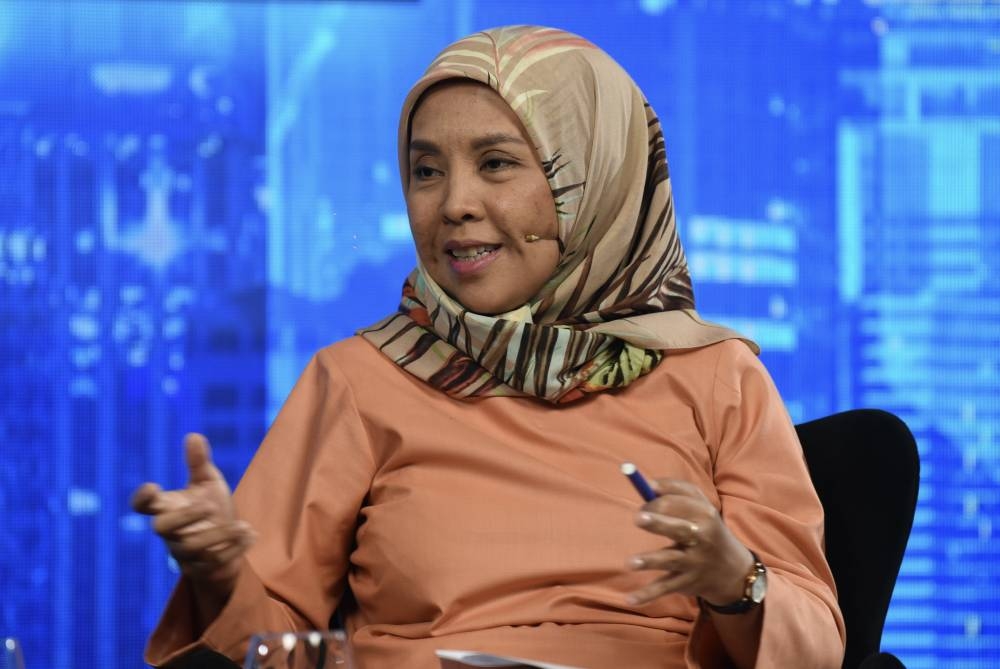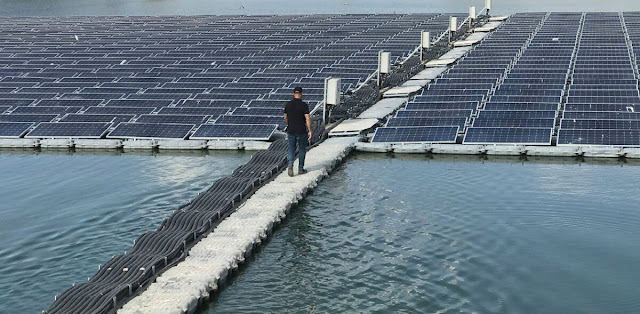What Makes GLCs Different From Other Companies? Here's A Look At The Unique Role They Play
Beyond making a profit, GLCs have to balance various social agendas.
What are government-linked companies (GLCs) and government-linked investment companies (GLICs)?
In short, GLCs are businesses partially owned by the government, while GLICs are government investment bodies that manage public money and invest in companies.
Both GLCs and GLICs run like private businesses — where profitability is key — but must also contribute to national policy goals, such as promoting sustainability or Bumiputera entrepreneurs. Furthermore, they're also expected to meet environmental, social, and governance (ESG) requirements.
According to Sri Murniati Yusuf, senior research director at the think tank Institute for Democracy and Economic Affairs (IDEAS), these objectives are not mutually exclusive
"GLCs were, in fact, originally established to support the Bumiputera empowerment agenda, but in the current environment, a lot more is expected of them," she told Free Malaysia Today.
"We should not view this new agenda as one that is in conflict with the need to empower Bumiputeras," she added.
In general, GLCs and GLICs in Malaysia have done pretty well in achieving corporate success
For instance, Tenaga Nasional Berhad (TNB), a major energy provider, has a market value of over RM81 billion, making it one of the largest companies on Bursa Malaysia. Combined, the top 30 listed GLCs on the exchange are valued at over RM952 billion.
Many of these companies have also expanded internationally. For example, Maybank, Malaysia's largest bank, has a global network of 2,200 branches and 20 offices, making it one of the top five banks in Southeast Asia.
Among GLICs, Permodalan Nasional Berhad (PNB stands out as one of Malaysia's largest fund managers. PNB holds investments across various sectors, including telecommunications (with stakes in CelcomDigi and Maxis), energy (through TNB and PETRONAS Gas Berhad), and banking (with investments in Maybank, CIMB, and Bank Islam).
When it comes to sustainability, many government-linked companies are on the forefront of addressing ESG issues, which include engaging in environmental and social matters
For example, three GLICs have signed the Principles of Responsible Investment (PRI), a United Nations-supported network that promotes sustainability in the financial sector.
Companies like PETRONAS are actively pursuing green energy initiatives. The company aims to cut its greenhouse gas emissions in Malaysia to 49.5 million tonnes of CO2 this year, down from 54.03 million tonnes in 2022.
TNB is also making strides, having announced its commitment to achieving net zero emissions by 2050 under its Energy Transition Plan.
In terms of innovation, Malaysian Refining Company, a PETRONAS subsidiary, is working on a project that uses eco-friendly chemicals to treat sludge, helping recover oil and reduce solid waste.
And last of all, one of the main responsibilities of GLCs and GLICs in Malaysia is to support the growth of Bumiputera businesses
A key part of the Bumiputera agenda is to develop suppliers under the vendor development programme. This programme encourages suppliers to, in turn, help advance GLCs' green and technological goals.
"When these goals are achieved, both sides – the GLC and the supplier – will benefit.
"If the programmes are designed with transparency and adequate disclosure, the Bumiputera agenda can become a cornerstone of corporate governance for GLCs too," said Murniati.
According to economist Rajah Rasiah, GLCs were established to support Malaysia's development goals, which include the Bumiputera agenda. However, he acknowledged a need where Bumiputera businesses can integrate into wider Malaysian society.
"For the GLCs to fulfil their economic obligations and the Bumiputera empowerment agenda, they must uphold stringent corporate governance, which includes monitoring and enforcement," said Rajah.
He also called for a review, stating that to succeed in an open market, GLCs need to adopt a business charter based on global corporate standards.
This article originally appeared on Free Malaysia Today, with rights to be republished on SAYS.



